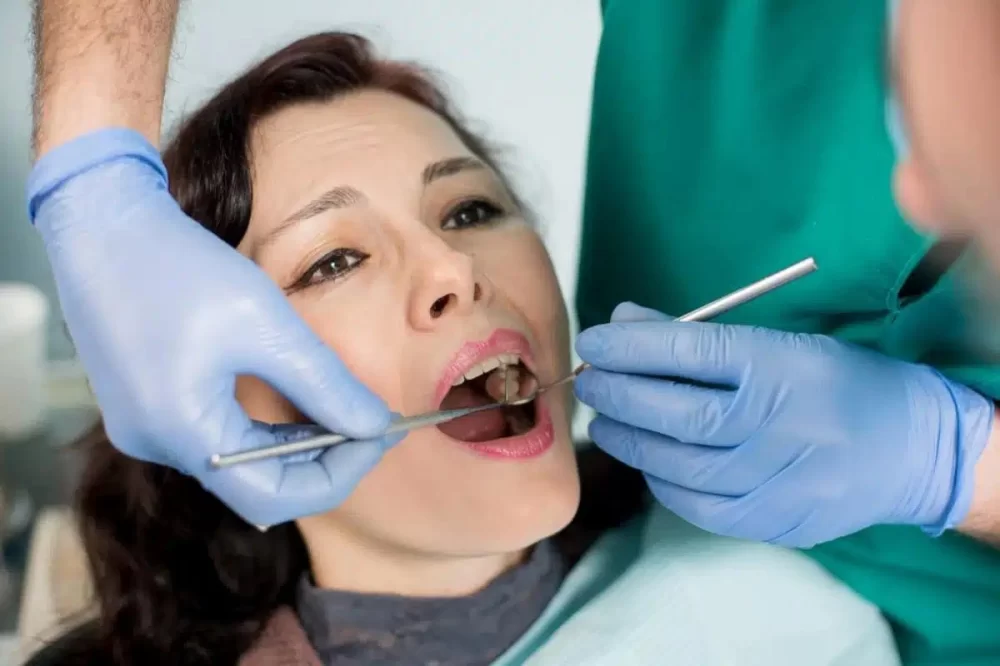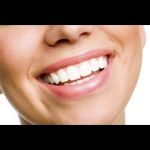
How to Prevent Dental Emergencies with Smart Oral Care
- Daily Oral Care Routine for Stronger Teeth
- How Diet Affects Your Dental Health
- The Importance of Regular Dental Checkups
- Using Protective Gear to Prevent Dental Injuries
- How to Handle Unexpected Dental Emergencies
1. Daily Oral Care Routine for Stronger Teeth
One of the best ways to prevent dental emergencies is by following a strict oral care routine. Brushing twice a day with fluoride toothpaste and flossing daily can remove plaque buildup, reducing the risk of cavities and gum disease. Additionally, using an antibacterial mouthwash can help kill bacteria that may lead to infections.
Choosing the Right Oral Care Products
Selecting a soft-bristled toothbrush and replacing it every three months ensures effective cleaning without damaging the enamel. Electric toothbrushes have also proven to be more efficient at plaque removal.
Common Mistakes in Oral Hygiene
Many people rush through brushing or neglect flossing, which can lead to plaque buildup in hard-to-reach areas. It's crucial to spend at least two minutes brushing and flossing thoroughly to maintain optimal oral health.
2. How Diet Affects Your Dental Health
Your diet plays a significant role in oral health. Consuming excessive sugar can lead to cavities, while acidic foods and beverages, such as citrus fruits and soda, can erode tooth enamel.
Foods That Strengthen Teeth
Dairy products, leafy greens, nuts, and lean proteins provide essential nutrients like calcium and phosphorus, which help strengthen teeth and prevent decay.
What to Avoid for Better Oral Health
Sticky candies, starchy snacks, and carbonated drinks should be consumed in moderation to reduce the risk of tooth decay and gum inflammation.
3. The Importance of Regular Dental Checkups
Many dental emergencies can be avoided with routine dental checkups. Visiting a dentist every six months allows for early detection of potential issues like cavities, gum disease, or misalignment.
Preventive Treatments That Help
Fluoride treatments and dental sealants offer additional protection against decay, especially for children and individuals prone to cavities.
Why Ignoring Dental Visits Can Lead to Emergencies
Skipping regular checkups can result in untreated infections, leading to severe pain, tooth loss, or the need for emergency dental procedures.
4. Using Protective Gear to Prevent Dental Injuries
Accidents and sports-related injuries are common causes of dental emergencies. Wearing protective gear like mouthguards can prevent chipped, broken, or knocked-out teeth.
Types of Mouthguards
Custom-fitted mouthguards provide better protection than over-the-counter options. They help cushion blows that could otherwise cause serious dental trauma.
Additional Protective Measures
If you grind your teeth at night, using a nightguard can prevent excessive wear and fractures.
5. How to Handle Unexpected Dental Emergencies
Despite preventive measures, emergencies can still happen. Knowing what to do in a dental crisis can save your teeth and prevent further complications.
Steps to Take for a Knocked-Out Tooth
If a tooth gets knocked out, place it in milk or saliva and visit a dentist immediately. The sooner it's reinserted, the higher the chances of saving it.
Dealing with Severe Toothaches
For sudden tooth pain, rinse your mouth with warm salt water and use a cold compress to reduce swelling before seeking professional care.
Taking proactive steps in preventive dental care reduces the likelihood of painful and costly emergencies. Start prioritizing your oral health today and ensure a strong, healthy smile for years to come.







 Buena Park Smile Dental Group4.0 (37 review)
Buena Park Smile Dental Group4.0 (37 review) Jared B. Williams D.D.S.4.0 (18 review)
Jared B. Williams D.D.S.4.0 (18 review) Thornwood Family Dental - South Elgin4.0 (198 review)
Thornwood Family Dental - South Elgin4.0 (198 review) Glamorous Smile Dental Spa5.0 (17 review)
Glamorous Smile Dental Spa5.0 (17 review) Midwestern University Dental Institute3.0 (101 review)
Midwestern University Dental Institute3.0 (101 review) Drs. Trava, Oh, Petix, Shon & Yang4.0 (21 review)
Drs. Trava, Oh, Petix, Shon & Yang4.0 (21 review) The Importance of Oral Health Education During Pregnancy for a Healthy Pregnancy
The Importance of Oral Health Education During Pregnancy for a Healthy Pregnancy Best Tips for Brushing Your Teeth Properly for Healthy Gums: Essential Techniques for Oral Health
Best Tips for Brushing Your Teeth Properly for Healthy Gums: Essential Techniques for Oral Health Why Skipping Dental Checkups Can Lead to Bigger Oral Health Problems
Why Skipping Dental Checkups Can Lead to Bigger Oral Health Problems Advantages of Porcelain Dental Restorations
Advantages of Porcelain Dental Restorations How Can Diabetes Cause Tooth and Gum Problems? Preventing and Managing Oral Health Issues
How Can Diabetes Cause Tooth and Gum Problems? Preventing and Managing Oral Health Issues Healthy Habits for Promoting Good Oral Health and Hygiene: Tips for a Healthy Smile
Healthy Habits for Promoting Good Oral Health and Hygiene: Tips for a Healthy Smile